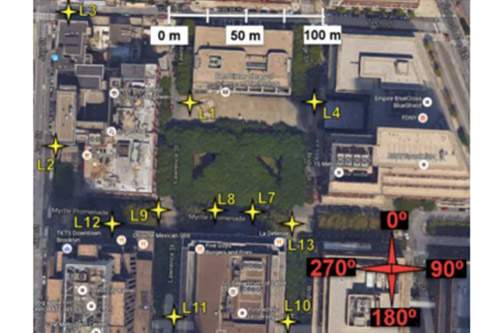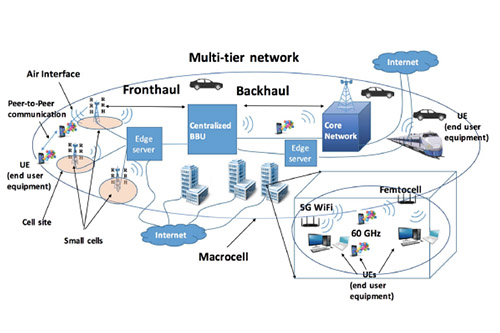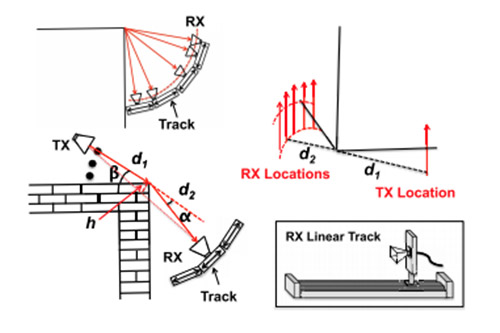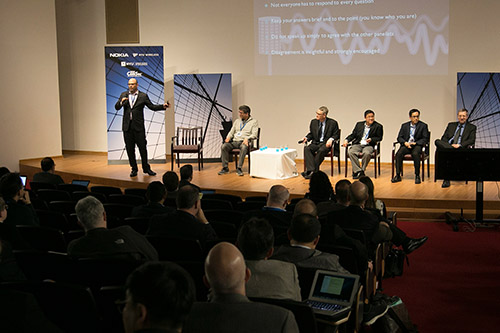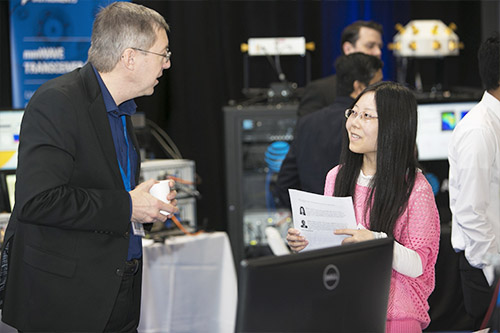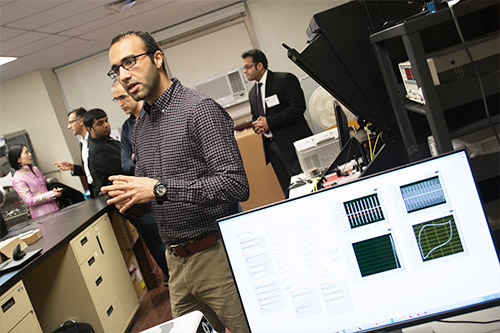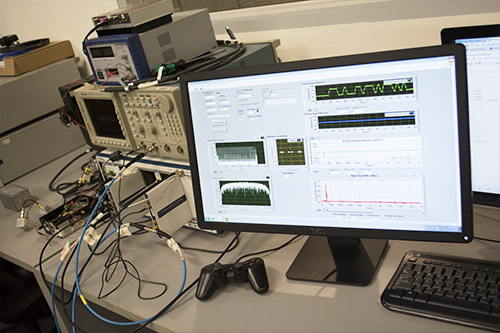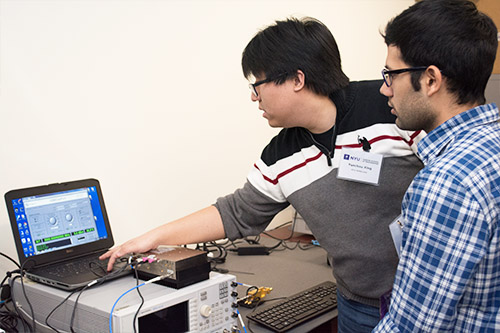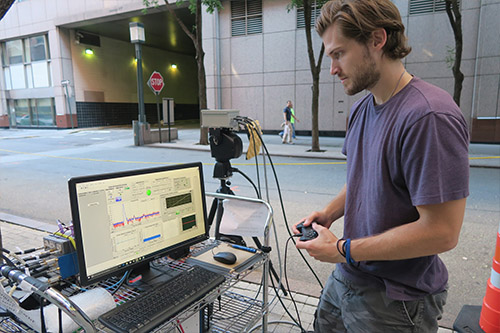Three NYU Tandon teams win $2.5 million from an NSF partnership to ensure resiliency is part of next-G wireless telecommunications

Lightning-fast, low-latency wireless, from 5G to 6G and beyond, will enable such services as virtual and augmented reality streaming, near-zero latency vehicle-to-cloud communications to help self-driving cars navigate in real time, remote surgery, coordination of automated systems in factories and other facilities, and a plethora of futuristic consumer apps. But it will also open a Pandora’s box of security vulnerabilities in the hardware serving as its backbone and software driving its networks.
A new National Science Foundation (NSF) initiative has awarded three teams of researchers at the NYU Tandon School of Engineering a combined $2.5 million to confront these challenges head on.
Together, the projects will focus on making current and future wireless infrastructure, software and hardware systems more resilient to flaws, accidents, subterfuge and hacks. Of the RINGS partnership grants awarded to 37 institutions, NYU Tandon was one of only three to receive a trio of them.

 2026 Open House
2026 Open House 2025 Brooklyn 6G Summit — November 5-7
2025 Brooklyn 6G Summit — November 5-7 Sundeep Rangan & Team Receive NTIA Award
Sundeep Rangan & Team Receive NTIA Award